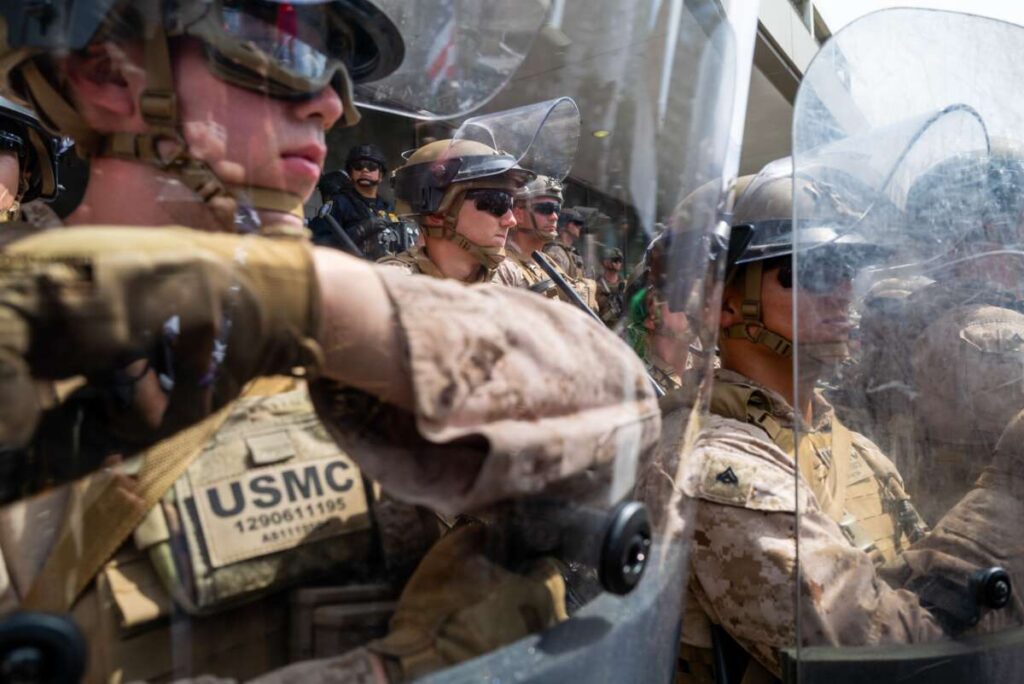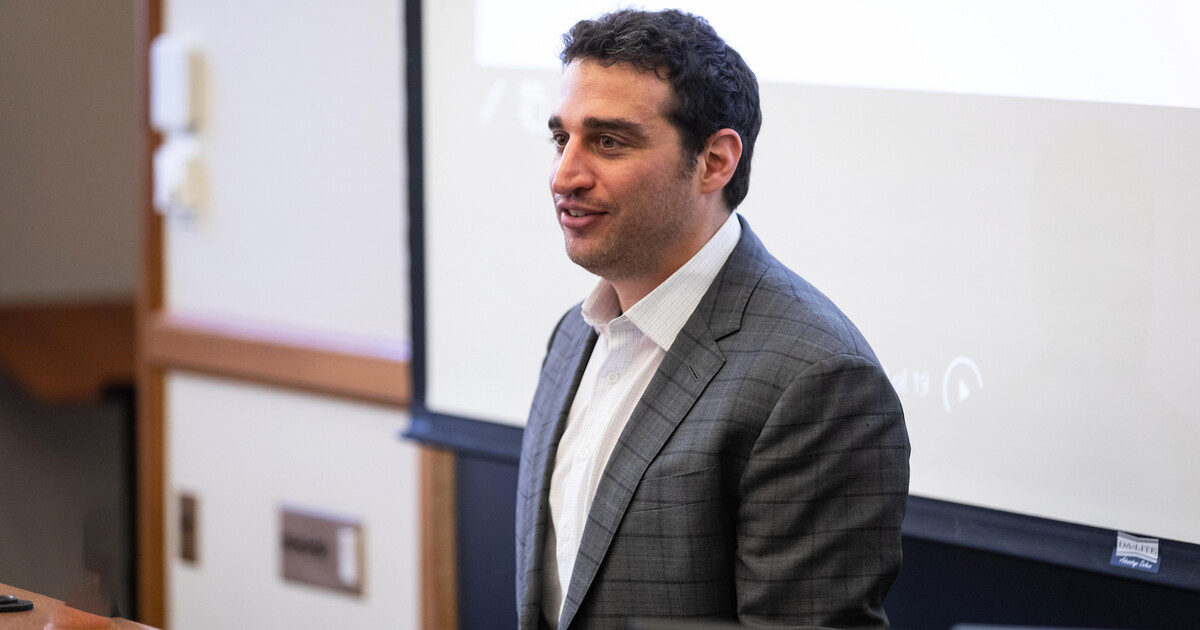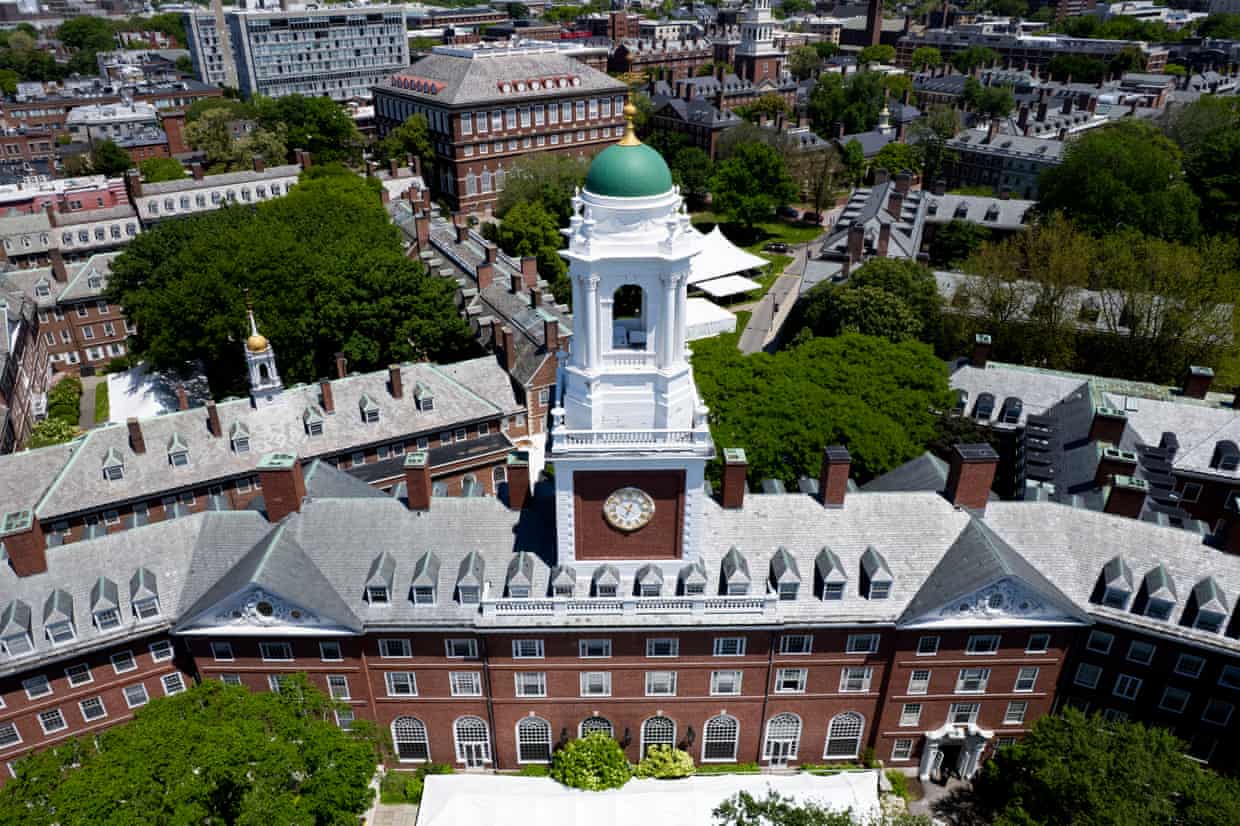
President Donald Trump raised concerns among critics this week by suggesting the deployment of military forces to address crime in U.S. cities. Speaking to American troops stationed in Japan on October 20, 2025, Trump stated that he could send the military to urban areas, claiming, “We have cities that are troubled, we can’t have cities that are troubled.” He added that if the National Guard was insufficient, he would consider sending in additional military forces.
The president’s comments come amid ongoing debates regarding his use of the National Guard in cities such as Los Angeles, Chicago, Memphis, and Portland. Local officials have often opposed these deployments, with some filing legal challenges to prevent them. Recently, a federal appeals court agreed to rehear a case concerning the potential federalization of Oregon’s National Guard troops, which had previously been allowed.
When pressed by a reporter from the New York Times about what he meant by sending “more than the National Guard,” Trump indicated he could deploy any branch of the military without judicial or congressional oversight. “If I want to enact a certain act, I’m allowed to do it,” he asserted, claiming he could send the Army, Navy, Air Force, or Marines into U.S. cities as he saw fit.
Trump has previously hinted at invoking the Insurrection Act, which permits presidents to deploy federal troops to maintain order during severe emergencies, such as violent uprisings. However, local officials have consistently argued that the protests in the cities targeted by Trump do not meet the criteria necessary for invoking this law.
In response to the president’s remarks, the co-chairs of the Not Above the Law Coalition criticized Trump’s assertions as “unlawful and un-American.” This group includes notable figures such as Lisa Gilbert, co-president of Public Citizen, and Praveen Fernandes, vice president of the Constitutional Accountability Center. They emphasized that the military’s role is to protect the nation, not to engage in domestic law enforcement.
Concerns about the military’s involvement in civilian law enforcement were echoed by Randy Manner, a retired Major General and former National Guard official. Writing in the Home of the Brave newsletter, Manner condemned the president’s approach, stating that using the National Guard for routine police work is unprecedented and fundamentally misguided. “Our military is not trained in law enforcement,” he argued, highlighting the inappropriateness of deploying combat-trained soldiers for civilian policing.
Trump’s inclination to use the military domestically first surfaced during the 2024 election campaign, where he characterized a segment of American citizens as “the enemy from within.” His rhetoric intensified when he suggested that certain cities could serve as training grounds for military personnel, further blurring the lines between military and civilian operations.
The implications of the president’s statements have sparked widespread debate about the appropriate role of the military in domestic affairs. Critics warn that such actions could undermine civil liberties and set a dangerous precedent for future administrations.






